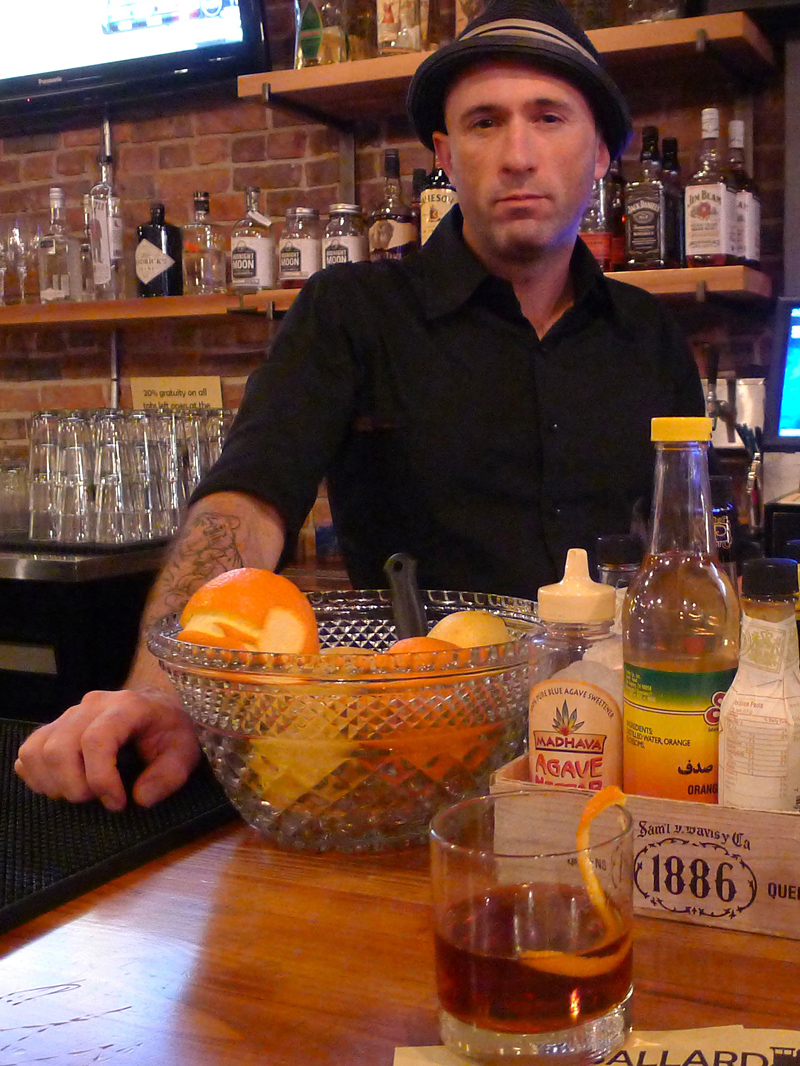How much money does it take to persuade someone to strap on a backpack loaded with 15 kilos of blow and sneak across the Canadian border at night? A lot, actually.
Just after midnight on the evening of June 12, Border Patrol agents spotted four men walking in the tiny town of Sumas, Wash., near “a common crossing point for those seeking to illegally smuggle drugs into the United States,” according to court documents filed earlier this month in Western Washington federal court. The men hid in the brush in a berry field, oblivious to the federal agents observing them from afar.
About half an hour later, a silver Volkswagen Passat arrived. When the driver popped the trunk, the men walked up, grabbed something from inside, and started running north toward the border. Three guys managed to get away, but Sergio Rodriguez-Pacheco was less fortunate. Border Patrol agents found him hunkered down in the brush, 30 feet away from a backpack containing “13 kilogram-sized bricks” of cocaine.
The feds eventually chased down the Passat, and, though a drug-sniffing dog “alerted to the scent of narcotics,” the driver, Domingo Villalobos-Rosas, had already jettisoned his cargo. According to court documents, he admitted to investigators that he was offered a job taking drugs to the border. As for Rodriguez-Pacheco, he allegedly confessed that he knew he was smuggling drugs, but had no idea what kind. He and his three buddies were reportedly told to take the bags, run across the border, and deliver them to a safe house. For this relatively simple task, he would earn $4,000 cash.
To put that figure in perspective, according to a recent New York Times Magazine story on the economics of Mexico’s Sinaloa Cartel, in the U.S. that kilo sells for around $30,000. Assuming the cost per kilo in Canada is in the $30,000 range, Rodriguez-Pacheco stood to collect a relatively sizable 1 percent handling fee for his backpacking services. Of course, he is now in federal custody, charged with conspiracy to distribute cocaine, and unable to collect his payment. His anonymous bosses, meanwhile, saw a decent success rate on transporting this particular shipment into Canada, since three of Rodriguez-Pacheco’s partners managed to elude the Border Patrol and slip off into the night.
According to court documents, Villalobos-Rosas declined to divulge to the feds exactly how much he stood to earn for loaning out his car and opening the trunk, but he noted “it was enough to make him happy.”






